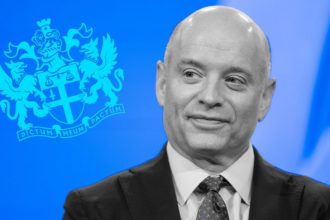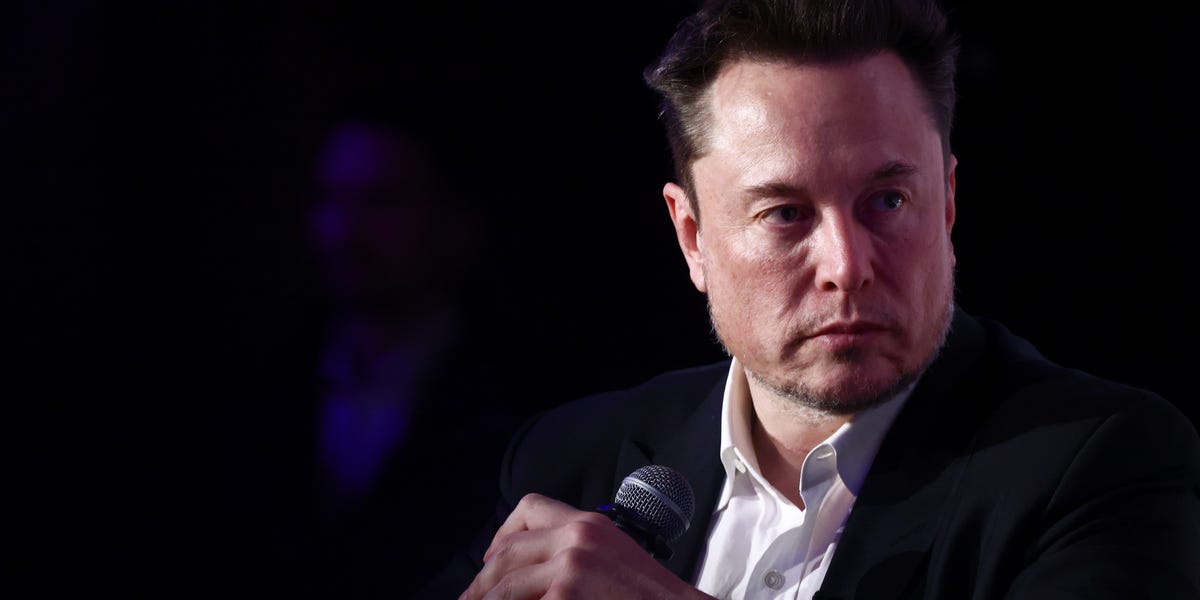- Elon Musk has repeatedly said that his gravestone will read “Never Went to Therapy.”
- Musk has criticized psychologists, suggesting they are profit-driven and politically-motivated.
- Despite rejecting therapy, Musk has candidly spoken about his own mental health in the past.
Elon Musk doesn’t see a therapist and he wants you to know about it.
The billionaire Tesla cofounder wrote in a post on X, formerly Twitter, on Wednesday: “Put ‘Never Went to Therapy’ on my gravestone.”
It’s not the first time Musk has brushed off therapy — or discussed his hypothetical grave marker. In the past two months, on January 8 and January 29, he posted some variation of the same line, urging future stonemasons to make it clear the SpaceX CEO never sought mental health counseling.
The January 29 post was in response to a video of German filmmaker Werner Herzog, who said that psychoanalysis was “one of the “greatest stupidities, the greatest mistakes of the 20th century.”
“Explaining every dark little corner that we have in our soul is a very unhealthy and stupid and dangerous thing,” said Herzog, known for films like “Aguirre, the Wrath of God” and “Grizzly Man.”
Meanwhile, Musk’s January 8 post also suggested that his future tombstone reflect his status as the inventor of the “car fart.”
Musk has railed against mental health professionals, arguing that friends are “far better” support for emotional issues.
“The incentive structure is to keep you hooked, never ‘cured,'” Musk said. “Be especially wary of therapists in expensive neighborhoods — their true loyalty is to their landlord, not you.”
Musk has frankly discussed his own mental health in the past, including on an infamous episode of The Joe Rogan Experience podcast, where he said that social media can be seriously harmful to self-worth and emotional well-being.
“Some of the happiest seeming people [are] actually some of the saddest people in reality,” he said on the podcast.
He was pressed on his mental health in an interview with the New York Times at its DealBook Summit last year, where — after a long silence — he said, “I wish we were on like a psychiatrist’s couch here or something.”
“It just feels like there’s just a rage of horses in my mind, constantly,” he said.
He said those “demons of the mind” can be “harnessed to productive ends,” but added, “that doesn’t mean that once in a while they don’t, you know… go wrong.”
He also mentioned having an “existential crisis” at a young age and that he contemplated suicide.
“What’s the meaning of life?” he said he once thought. “Isn’t it all pointless? Why not just commit suicide? Why exist?”
According to a Wall Street Journal report, Musk has previously used microdoses of ketamine to treat depression — a treatment that he endorsed on X.
He has also written that hard drugs like psychedelics and ecstasy should be taken seriously because of the “real difference” they can make in mental health treatment, “especially for extreme depression and PTSD.”
Musk did not return a request for comment before publication.
Read the full article here





